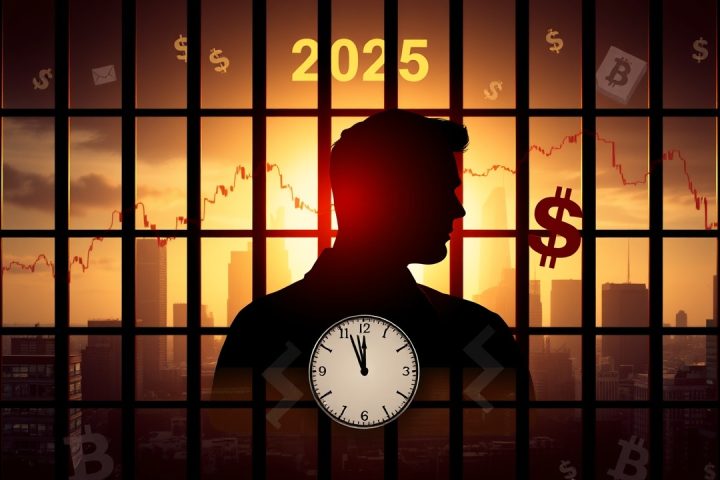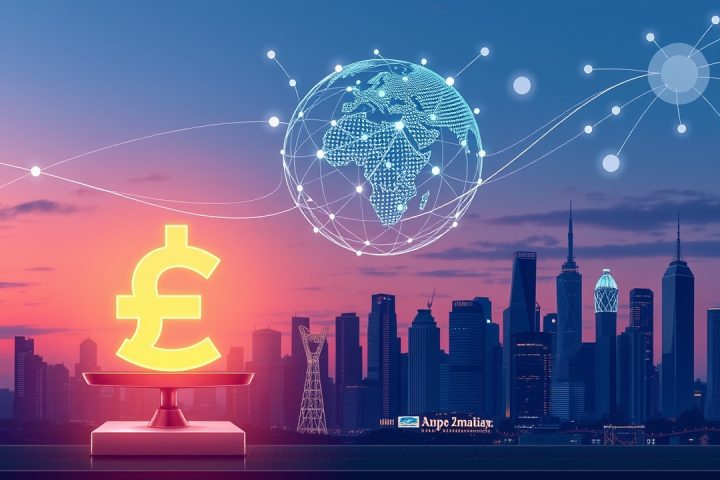OpenAI’s World Network Initiative
OpenAI’s latest venture, World Network—a digital identity and cryptocurrency initiative spearheaded by Sam Altman—has sparked significant concern among privacy advocates as it prepares for its launch in the United States. Critics warn that the project threatens user privacy, with Nick Almond, CEO of FactoryDAO, characterizing it as a potential “trap for users” on social media platform X. While World asserts its commitment to safeguarding user privacy amid the rise of AI, it faces scrutiny from regulators worldwide.
Privacy Concerns and Regulatory Scrutiny
Previously branded as Worldcoin, the initiative employs iris-scanning technology and provides cryptocurrency rewards, but it has drawn the attention of authorities in several countries, including India, South Korea, Italy, Colombia, Argentina, Portugal, Kenya, and Indonesia, where investigations are ongoing. Moreover, it has already been prohibited in regions like Spain, Hong Kong, and Brazil.
As World sets its sights on the U.S. market, it encounters a complex regulatory landscape where privacy laws vary widely by state. On April 30, Altman announced plans to establish operations in five U.S. cities: Atlanta, Austin, Los Angeles, Miami, and San Francisco. The process involves individuals scanning their irises at designated hubs, generating unique biometric markers intended to validate their identity in online interactions.
However, the lack of uniform federal regulations concerning biometric data raises questions about user safety. Andrew Rossow, an attorney specializing in cyber law, pointed out that while Texas and California have some protective legal measures regarding biometric data, users in Georgia, Tennessee, and Florida will have to depend solely on federal legislation, which does not specifically address iris scans. Moreover, enforcement mechanisms in Texas rely heavily on the priorities of the state attorney general, potentially leaving consumers vulnerable to exploitation.
Potential Misuse and Support for the Initiative
Privacy activist organizations are increasingly alarmed by the potential misuse of biometric information. Privacy International, which has previously taken legal action against World in Kenya, warns that without robust legal safeguards, biometric technologies could facilitate discrimination, profiling, and invasive surveillance. Concerns about the reliability of such systems have also been echoed by Amnesty International, which suggests that they could lead to problematic inferences regarding personal attributes such as gender or emotions.
Contrarily, some stakeholders express differing views. Tomasz Stańczak from the Ethereum Foundation, having thoroughly analyzed World, described it as promising and emphasized its focus on privacy. Meanwhile, Paul Dylan-Ennis, an Ethereum researcher, acknowledged that despite the manipulation of public perceptions surrounding biometric systems, World’s technology might actually be effective in terms of privacy protection.
Global Challenges and Market Opportunities
Globally, World has encountered mounting challenges, with investigations and actions taken against its data collection practices intensifying in 2023. Following Spain’s prohibition of the company’s operations due to insufficient transparency and earlier violations, other countries like Hong Kong and Brazil closely followed suit, ordering them to halt activities citing similar concerns over biometric data exploitation.
Despite these hurdles, World is making strides in other markets, such as Japan, where a collaboration with Tinder is underway. The dating app plans to test World’s identity verification system, which offers a privacy-centric method for users to confirm their humanity. Such a partnership in the U.S. could expand World’s user base significantly, potentially capturing a considerable share of the online dating market.
With OpenAI navigating a volatile landscape concerning biometric and privacy legislation in the U.S., there remains significant uncertainty about the future of World and its approach to user data protection.

















